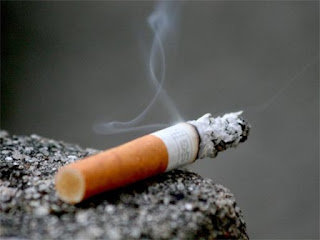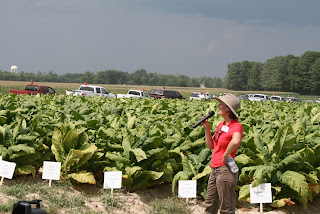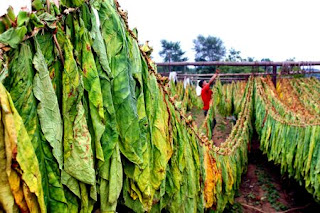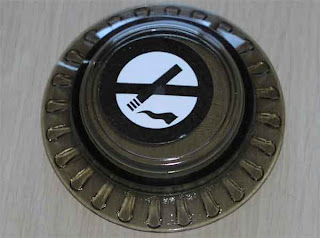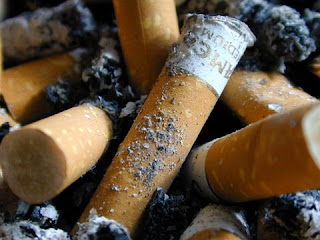
Dubai: Non-communicable diseases such as heart disease, diabetes and cancer are killing more people in the UAE because of unhealthy lifestyle, smoking and fast economic transformation, a national health report said.
Deaths due to heart attacks were way ahead of deaths due to traffic accidents. The other killers were stress and high blood pressure, according to the annual report released by the Ministry of Health yesterday.
Dr Mahmoud Fikri, Assistant Undersecretary of Health Policies Affairs at the Ministry of Health and Chair of Higher National Committee for Diabetes, said: "What really worries us is the less physical activity among adolescents."
A school survey showed that children between 13 to 15 years of age spend more than three hours every day on TV and computer games.
This inactivity is expected to turn a large number of residents obese by the year 2015.
The report warns the obesity rates among women will reach 44.6 percent by the year 2015.
"The high obesity rate among children and adolescents is dangerous and this goes back to less physical activity, fast food consumption and high consumption of energy drinks and sugars," Fikri said in the annual report.
The health ministry is also worried that more young adults are smoking and that tobacco consumption was growing despite taking stringent steps.
A school survey showed increasing rates of smoking among school boys which went up to 17 per cent in 2010 as against 14.9 per cent five years ago. Smoking is the main cause of lung cancer and also adversely affects non-smokers in homes such as children and women.
The report highlights the vital role of preventive measures in surmounting the health challenges that pose a danger to society in general, the health policy chief said.
The good news is that infant mortality is down and polio has been eradicated and that the UAE is malaria-free, according to the report.
But to offset the good news the report notes that about 20 per cent of the population will turn diabetic by the year 2030.
